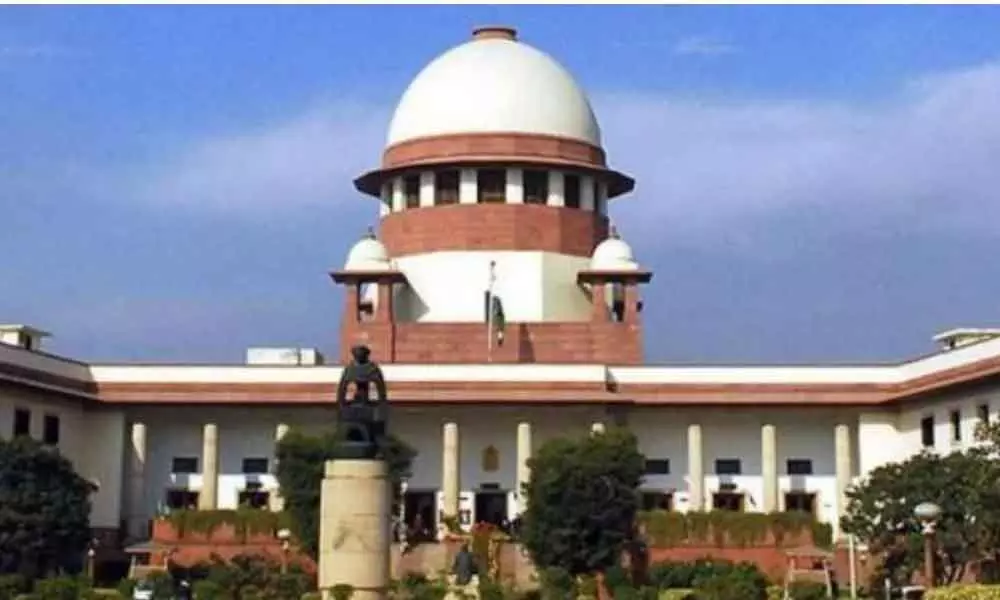Live
- What are the charges against Allu Arjun: Understanding the Charges Against Him
- Allu Arjun Objects to Arrest Procedure, Requests Breakfast and Change of Clothes
- ‘Fear’ movie review: A gripping suspense thriller
- Phenom Successfully Hosts IAMPHENOM India, Transforming the Future of Work with AI, Automation, and Talent Experience
- Constitution provides shied, guarantee to Indians: Priyanka in LS
- Allu Arjun’s Quash Petition Hearing at 2:30 PM; Chiranjeevi Visits Police Station
- Bommai hails 'One Nation, One Election' move as PM Modi’s bold decision
- Telangana IT Minister D. Sridhar Babu Highlights Future City Vision and Data Center Growth at IAMPHENOM Event
- Quota stir: Panchamasali seer violated law, claims Siddaramaiah
- India vs Australia: Third Test at Gabba – Match Timings and Details









